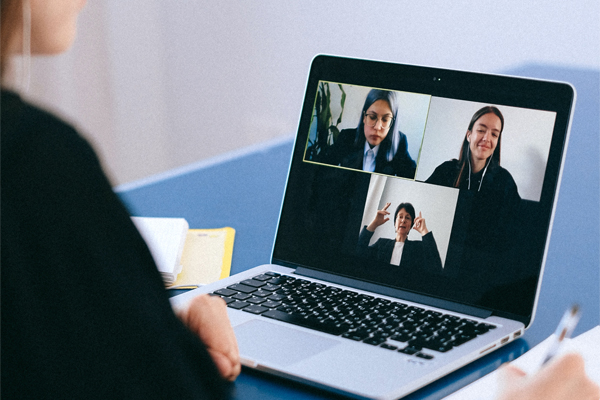Generation Z is setting the agenda for the future of work, reveals a new study carried out by experience management platform Qualtrics.
According to the report, Gen Z adjusted to the pandemic better than any other generation with almost 50% claiming that their personal well-being has improved since pre-Covid. Additionally, Millennials and Gen Z are over three times as likely as Baby Boomers to have felt more connected to their coworkers since the pandemic began.
The global report, entitled The Future of Work in 2021: Perspectives on the Next Normal, found that not only are future workplace trends being driven by younger generations; but workforce productivity is up, and employees feel more connected to each other than before the pandemic. The study, which examined the experiences and feelings of more than 4,000 workers around the world, illustrates that work preferences are continually shifting; and the future of work will look different for everyone.
BETTER CONNECTED & MORE PRODUCTIVITY
Feeling connected is different for all employees, revealed the report. Around 35% of employees said they feel more connected with their coworkers than before the pandemic; with men 44% more likely than women to feel more connected since Covid-19 began. When looking across workers of different races, 43% of Black workers felt more connected since the pandemic began; compared to 27% of White workers.

Productivity has also increased with remote work, according to the study. The majority of managers (55%) said their direct reports have been more productive working remotely; with 51% of employees agreeing they have been more productive themselves. The top reasons cited for improved productivity were flexible schedules; no commuting time; and the ability to focus on work with fewer interruptions.
REMOTE: MAKE/BREAK RECRUITMENT DECISION
In fact, remote work is now a make or break recruitment decision, as reported. Over half of respondents (53%) said a long-term remote work policy would make them consider staying at their company longer. However, 10% said they would probably quit their job if they were forced back into the office full time. When looking for a new role, 80% of employees said it was important their job afforded them the opportunity to live anywhere.
Interestingly, staff want to go back to the office more than their managers. While 73% of all employees say they want to work remotely at least 1-2 days a week, managers/leaders are 20% more likely than individual contributors to want a hybrid work model.

CUSTOMER & EMPLOYEE EXPERIENCES MATTER
Improved experiences for customers are also here to stay, according to the report. For consumers, improved experiences like telehealth appointments, outdoor seating at restaurants, curbside pick-up, and virtual fitness classes, are not only preferred; but will be the expectation in the new normal. New experiences were created and improved during the pandemic that people want to continue post pandemic. This includes things like outdoor seating for restaurants, curbside grocery pick up and pre-ordered shopping. According to customers, the industries that delivered a better experience during the pandemic were healthcare (37%), retail (21%) and food services (21%).
“Right now, every company is undergoing an experience transformation. There is no one-size fits all approach. From hybrid work environments to online delivery and curbside pickups; employees and customers have more options than ever,” stated Julia Anas, Chief People Officer of Qualtrics. “As companies work to rewrite their playbooks, those who take the time to understand and act on how people think and feel will be empowered to make the right decisions, at the right time, in the right way; and as a result will deliver differentiated experiences.”







































